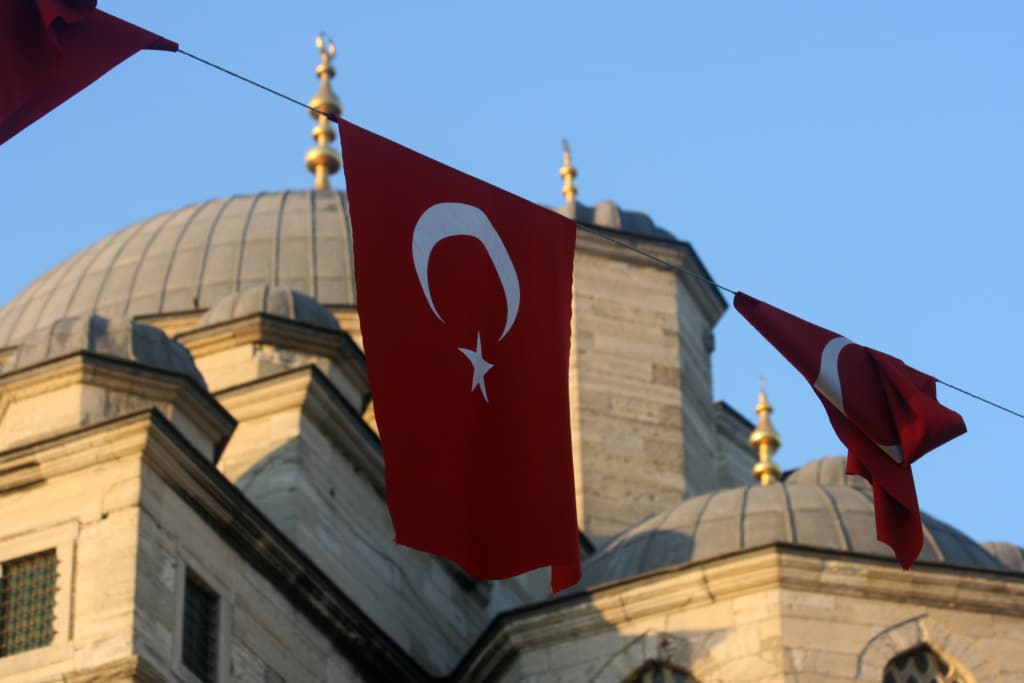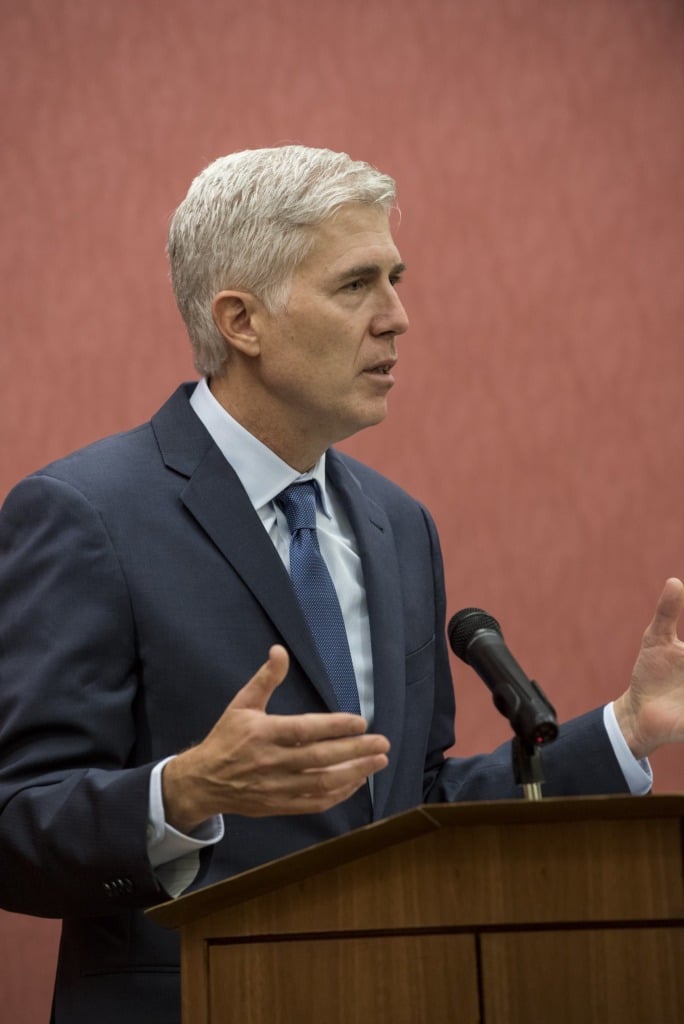Halkbank On Remand: Immunity and Extraterritoriality – Judicial Deference or Customary International Law?
The Supreme Court surprised some by ruling unanimously in Turkiye Halk Bankasi A.S. v. United States that the Foreign Sovereign Immunities Act (FSIA) does not protect Halkbank from criminal prosecution in U.S. courts. Seven Justices concluded that the FSIA applies solely to civil actions but remanded the case – without guidance – for the Second…
Continue ReadingSupreme Court Finds Tech Companies Not Liable for Terrorism
Last week, the Supreme Court decided two cases in which plaintiffs alleged that social media companies aided and abetted international terrorism. In the first case, Twitter, Inc. v. Taamneh, the Justices unanimous interpreted the Antiterrorism Act’s (ATA) provision on aiding and abetting to require conscious and culpable participation. Plaintiffs’ allegations that ISIS used defendants’ social…
Continue ReadingWhy the Indictment Against Halkbank Must Be Dismissed
In 2019, the United States indicted Turkiye Halk Bankasi (Halkbank), a Turkish state-owned bank, alleging a multiyear scheme to evade U.S. sanctions against Iran by using fraudulent transactions to transfer the proceeds of oil and gas sales to Iran. Last month, the Supreme Court rejected Halkbank’s claim of immunity under the Foreign Sovereign Immunities Act…
Continue ReadingDear Justice Gorsuch: There’s No Reason to Worry About the Remand in Halkbank
In Turkiye Halk Bankasi A.S. v. United States (Halkbank), the Supreme Court held that the Foreign Sovereign Immunities Act (FSIA) does not apply to criminal proceedings. The Court remanded the case to the Second Circuit to reconsider Halkbank’s claim of common law immunity. Justice Gorsuch, joined by Justice Alito, wrote a partial dissent. He would…
Continue ReadingThe Need for Greater Immunity from Execution for Central Banks: The Case of Da Afghanistan Bank
Central banks play a crucial role in the global economy. They are responsible for managing monetary policy, regulating financial institutions, maintaining financial stability, and ensuring that a country’s monetary policy aligns with its economic goals. Because of their essential role in the economy, and the sovereign functions that they perform, central banks should have a…
Continue ReadingOpen Questions after Halkbank
The Supreme Court held this week in Türkiye Halk Bankasi, A.S. v. United States that the Foreign Sovereign Immunities Act (FSIA) does not apply to criminal prosecutions. That holding was a blow to Halkbank—a foreign state-owned enterprise under indictment—which had argued that the FSIA provided it with immunity. But the case is not over. The…
Continue ReadingSupreme Court decides Halkbank
The Supreme Court issued its opinion in Halkbank this morning. The Court held that the Foreign Sovereign Immunities Act does not apply to criminal prosecutions and remanded the case to consider common law immunity. More coverage soon on TLB.
Continue ReadingSanctions Against Russia and Section 1782 Discovery
Since the “military operation” in Ukraine began in 2022, Russia has become the most sanctioned country in the world. U.S. blocking and sectoral sanctions now cover numerous Russian entities, especially banks, which were the most active litigants in transnational disputes. The U.S.-Russia relationship is probably at its worst in 30 years, and Russia has officially…
Continue ReadingNew Scholarship on Sanctions and Central Bank Immunity
Ingrid has a new paper out on recent developments in central bank immunity, focusing on sanctions by the United States and other countries involving Russian, Afghan, and Venezuelan central bank assets and their relationship to immunity. Some of the issues addressed in the paper involve transnational litigation in U.S. courts, including the entitlement of sovereign…
Continue Reading






